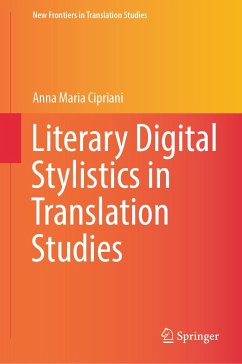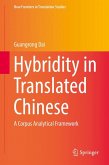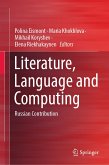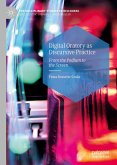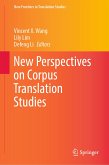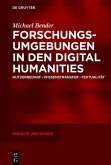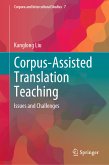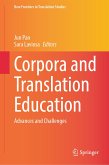This book presents a systematic literary comparison of the retranslations by adopting a mixed-method and bottom-up (inductive) approach by developing an empirical corpus approach. This corpus is specifically tailored to identify and study linguistic and non-linguistic modernist features throughout the texts, such as stream of consciousness-indirect interior monologue and free indirect speech. All occurrences are analysed quantitatively in the computations of inferential and comparative statistics, such as tests of time trends, lexical variety, and lexical frequency. The target texts are digitised, and the resulting text files are then analysed using a bespoke, novel computer program capable of the functions not provided by commercially available software such as WordSmith Tools and WMatrix. This methodology enables in-depth explorations of micro- and macro-textual features and allows a mixed-method approach combining close-reading qualitative analysis with systematic quantitative comparisons.
The empirical study of the digital corpus of eleven Italian (re)translations of Virginia Woolf's To the Lighthouse identifies a progressive source-text orientation only in a relatively few aspects of a few target texts. The translators' presence affects all the examined target texts in terms of register and style under the influence of the Italian translation norms usually attributed to the translation of literary classics. Its intended readership comprises students of the mentioned fields and the general public of readers, editors, and publishers.
The empirical study of the digital corpus of eleven Italian (re)translations of Virginia Woolf's To the Lighthouse identifies a progressive source-text orientation only in a relatively few aspects of a few target texts. The translators' presence affects all the examined target texts in terms of register and style under the influence of the Italian translation norms usually attributed to the translation of literary classics. Its intended readership comprises students of the mentioned fields and the general public of readers, editors, and publishers.
Dieser Download kann aus rechtlichen Gründen nur mit Rechnungsadresse in A, B, BG, CY, CZ, D, DK, EW, E, FIN, F, GR, HR, H, IRL, I, LT, L, LR, M, NL, PL, P, R, S, SLO, SK ausgeliefert werden.

